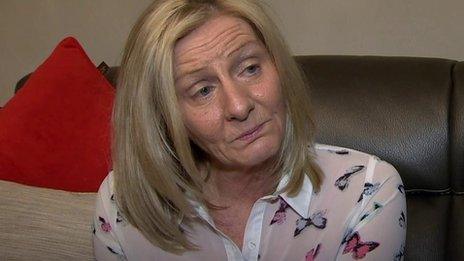Hyponatraemia inquiry: Department to put action plan in place
- Published
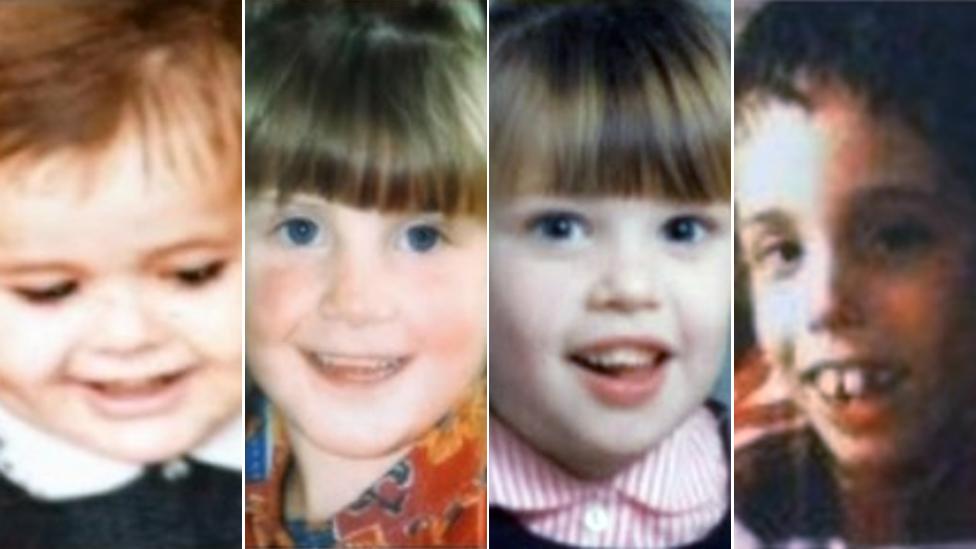
Adam Strain, Raychel Ferguson, Claire Roberts and Conor Mitchell. Lucy Crawford's family chose not to release a photograph
The Department of Health in NI is to put a detailed action plan in place to respond to the 96 recommendations made by a hyponatraemia inquiry.
The inquiry into the deaths of five children in Northern Ireland's hospitals found that four of them were avoidable.
The findings followed a 14-year inquiry into hyponatraemia-related deaths.
Hyponatraemia is a medical condition that occurs when there is a shortage of sodium in the bloodstream.

A total of 106 doctors and medical professionals gave evidence to the inquiry
The inquiry was set up in 2004 to investigate the deaths of Adam Strain, Claire Roberts, Raychel Ferguson, Lucy Crawford and Conor Mitchell.
The chairman said that the deaths of Adam Strain, Claire Roberts and Raychel Ferguson were the result of "negligent care".
Health and social care leaders from across Northern Ireland met on Friday to discuss the inquiry report.
'Detailed action plan'
Department of Health NI Permanent Secretary, Richard Pengelly, said on Friday he would be "establishing a dedicated team, led by the department and answerable to him, to develop a detailed action plan in response to the 96 recommendations in the report".
Mr Pengelly said a "critical element in the success of this work will be engagement with the public we serve, particularly those affected".
"A key early priority for the team will be the finalisation of legislative and policy options for an incoming minister on the establishment of a legal duty of candour for health care professionals," he added.
"Building on a previous ministerial commitment to this principle, preparatory work on policy and legislation has been undertaken.
"Trusts, as employers, will address issues relating to individuals named in the report.
"Contact has already been made with the independent National Clinical Assessment Service and the General Medical Council (GMC) and agreement has been reached on the approach in relation to the concerns raised by the inquiry regarding doctors' actions."
'Public confidence damaged'
Mr Pengelly said the GMC "requires any doctor who is criticised in an inquiry" to inform it.
"We expect full compliance with this requirement," he said.
"A way forward is also being discussed with the Nursing and Midwifery Council."
Mr Pengelly said that "everyone" who attended Friday's meetings "is in no doubt that public confidence has been damaged".
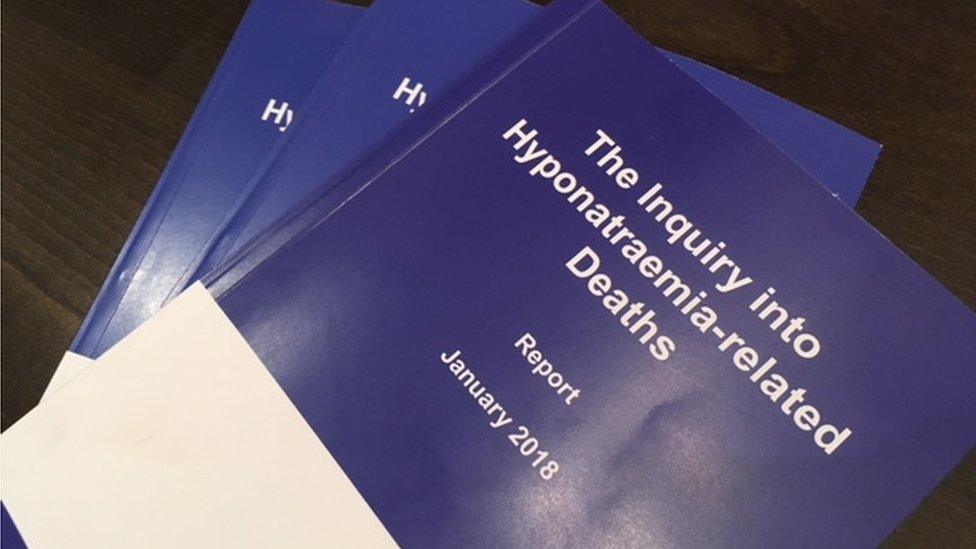
The inquiry's report made 96 recommendations
Mr Justice O'Hara was scathing of how the families were treated in the aftermath of the deaths and also of the evidence given to the inquiry by medical professionals.
He said that "doctors and managers cannot be relied on to do the right thing at the right time" and that they had to put the public interest before their own reputation.
He also said that some witnesses to the inquiry "had to have the truth dragged out of them".
In total, the inquiry made 96 recommendations including the establishment of a duty of candour on medical professionals "to tell patients and their families about major failures in care and to give a full and honest explanation".
Mr Pengelly said "that the necessary support and resources are being made available to Mr Justice O'Hara to further explore the issue of a whistleblower's complaint".
- Published31 January 2018
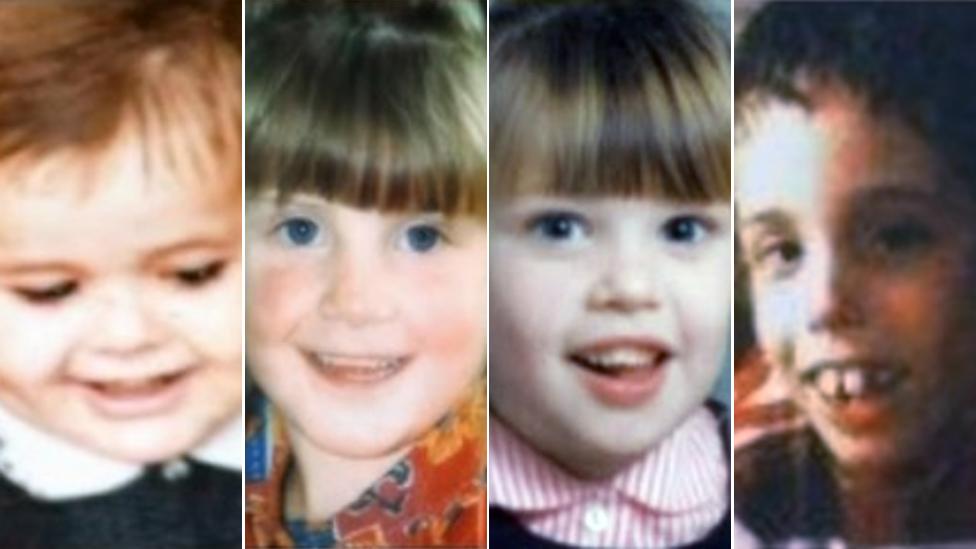
- Published31 January 2018
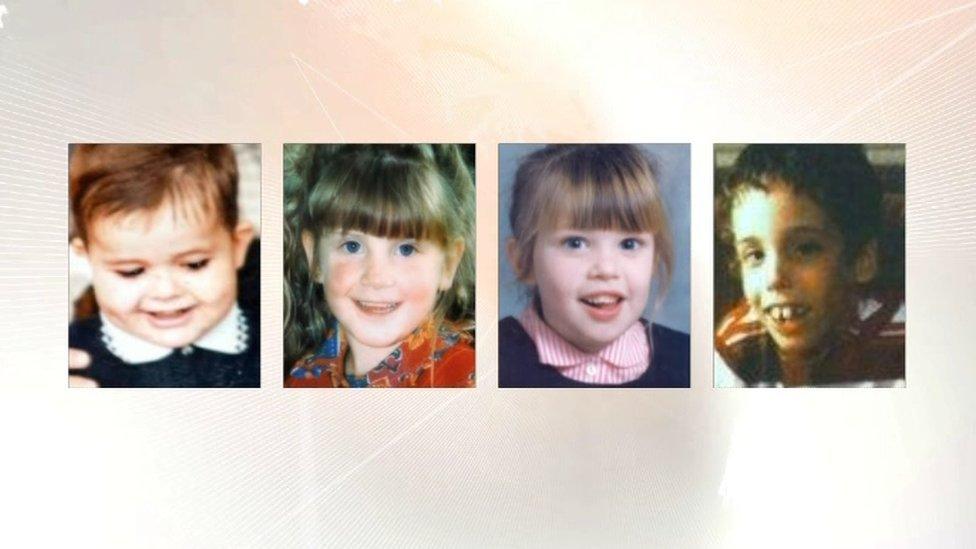
- Published8 May 2018

- Published31 January 2018
